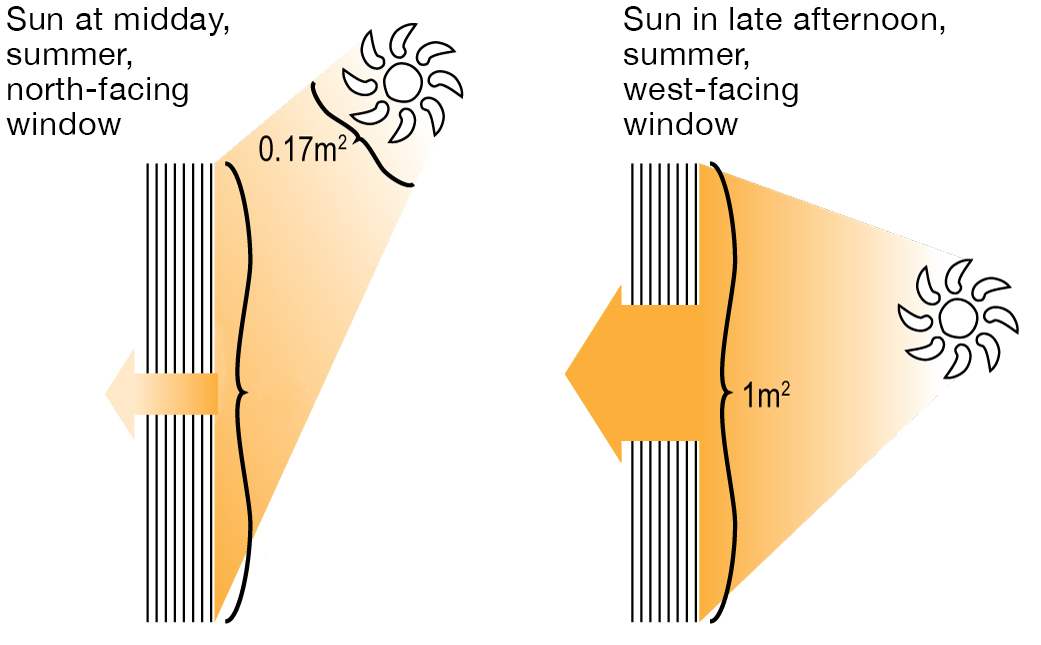All Categories
Featured
Table of Contents
Best Way To Block Sun Heat From Windows [Professionally] in Marangaroo Western Australia
Glazing just implies the windows in your home, consisting of both openable and set windows, along with doors with glass and skylights. Glazing actually simply suggests the glass part, however it is typically utilized to describe all elements of an assembly consisting of glass, films, frames and home furnishings. Focusing on all of these aspects will help you to attain effective passive design.

Energy-efficient glazing makes your house more comfortable and dramatically reduces your energy costs. Improper or inadequately designed glazing can be a major source of unwanted heat gain in summer season and significant heat loss and condensation in winter. Approximately 87% of a home's heating energy can be gotten and approximately 40% lost through windows.
Faq in Mundaring Western Australia
Glazing is a significant financial investment in the quality of your home. An initial financial investment in energy-efficient windows, skylights and doors can considerably reduce your annual heating and cooling bill.

This tool compares window choices to a base level aluminium window with 3mm clear glass. Comprehending a few of the key properties of glass will assist you to pick the finest glazing for your home. Key residential or commercial properties of glass Source: Adjusted from the Australian Window Association The amount of light that goes through the glazing is called visible light transmittance (VLT) or noticeable transmittance (VT).
Windows Of Opportunity: Your Guide To High-performance ... in Beechina WA
The U worth for windows (revealed as Uw), describes the conduction of the whole window (glass and frame together). The lower the U worth, the higher a window's resistance to heat flow and the much better its insulating worth.
If your house has 70m2 of glazing with aluminium frames and clear glass with a U value of 6. 2W/m2 C, on a winter's night when it is 15C colder outside compared to indoors, the heat loss through the windows would be: 6. 2 15 70 = 6510W That is comparable to the overall heat output of a big space gas heating system or a 6.
Guide To Double Glazing – Functional And Energy Efficient in Myaree Western Australia

If you choose a window with half the U worth (3. 1W/m2 C) (for instance, double glazing with an argon-filled gap and less-conductive frames), you can cut in half the heat loss: 3. 1 15 70 = 3255W The solar heat gain coefficient (SHGC) for windows (revealed as SHGCw) determines how readily heat from direct sunlight flows through an entire window (glass and frame together).
The lower a window's SHGC, the less solar heat it transfers to the home interior. The real SHGC for windows is affected by the angle that solar radiation strikes the glass.
Double Glazing - Albury - Twin Cities Glass in Lynwood Western Australia
When the sun is perpendicular (at 90) to the glass, it has an angle of occurrence of 0 and the window will experience the optimum possible solar heat gain. The SHGC stated by glazing producers is always computed as having a 0 angle of occurrence. As the angle increases, more solar radiation is reflected, and less is transmitted.
Latest Posts
Window Glazing For Households - Energy in Millendon Western Australia
Best Double Glazing Brighton Archives in East Victoria Park Perth
Double Glazed Windows Sydney in Duncraig WA